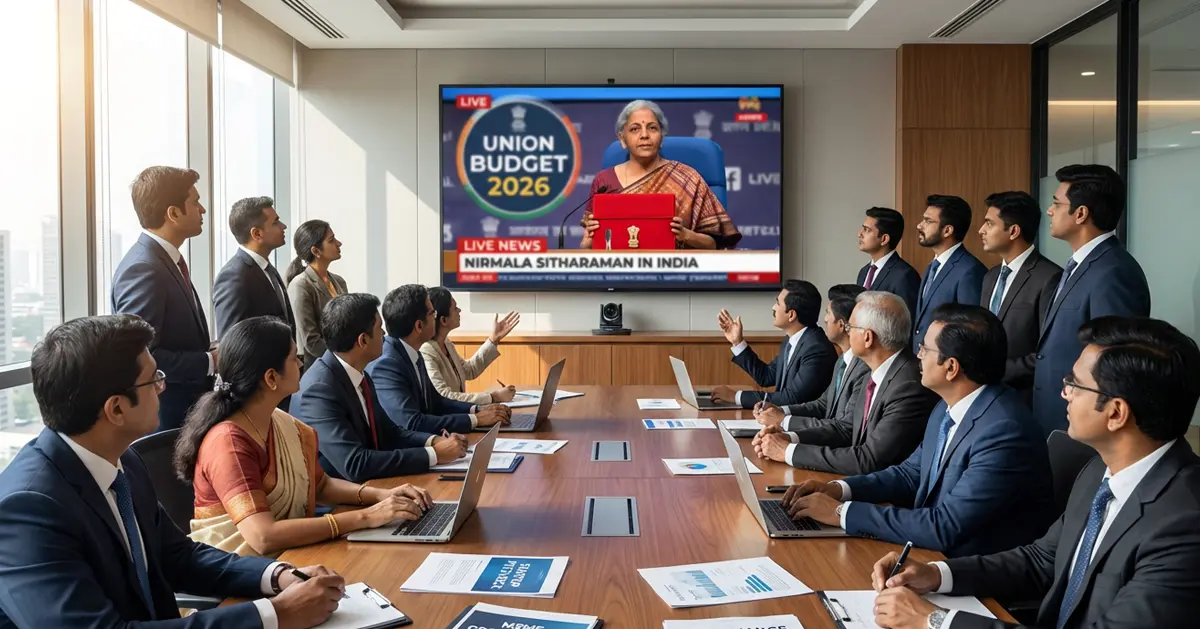
Introduction
International money-changing enterprises are granted licenses by the Reserve Bank of India in compliance with Section 10 of the International Exchange Management Act, 1999. Operating a money-changing business requires a valid licence. If you are found to be running your business without a valid licence, you will be liable to penalties under the Act.
The process requires that the application be submitted to the Reserve Bank of India (RBI). The qualifying conditions for FMCC are defined by the RBI, and anyone who fulfil them can apply for a licence. In this article, we go over the objectives, benefits, and renewal process of existing FMCCs.
The Advantages of Foreign Money Changers
RBI’s Credibility
FFMC businesses have a competitive edge in the foreign exchange market thanks to licenses granted by the Reserve Bank of India (RBI). This is explained by the fact that consumers choose regulated FFMCs over uncontrolled ones. Therefore, exchanging foreign currency from a legitimate authority is safe, reputable, and encouraged by the RBI. Due to this advantage, the FFMC is able to acquire a decent market share and build a credible presence.
Foreign Exchange Services
The Foreign Exchange Money Changer may make it simpler to buy and sell foreign currency. It makes international exchange simple and accessible for both locals and tourists. Both individuals and companies can import and export foreign currency.
Authorised Financial Exchanges
Both locals and visitors can exchange foreign currency notes, coins, and cheques at the FFMC. Travellers from other countries can also use foreign credit or debit cards to convert Indian Rupees. However, these transactions are made simple by using traditional banking techniques. The currency notes are exchanged using market-based standard exchange rates.
The Expanding Range of Services
Under the FFMC license, businesses are allowed to offer financial services and goods other than currency exchange. These services include pre-paid travel services, remittances, and other financial commodities. Diversifying the products will improve customer happiness and loyalty while also expanding revenue streams.
The Certificate of Encashment
A certificate of encashment may be issued by FFMCs with a current license when buying foreign currency notes, coins, and travellers’ checks. These can be made by both locals and tourists. However, this certification lends greater legitimacy to the transactions.
The licence encourages reliable and law-abiding foreign exchange market participation in addition to distinguishing authorised companies from illicit ones. Credibility brings in more customers and contributors to the business’s long-term success and growth in the industry.
Objectives of the FFMC License in India
Foreign Exchange Facilities
Authorised FFMCs offer a dependable method of exchanging foreign currencies for visitors to India. It also ensures that visitors will be given the funds they require to finish their banking transactions in the country.
Promotion of Foreign Exchange Operations
By awarding the FFMC license, the Indian government encourages a wide range of foreign exchange operations.
Store Value Cards, Charge Cards, and Smart Card Services
For Indian people travelling abroad, the Indian FFMC licence makes it easier to issue and use Store Value Cards, Charge Cards, and Smart Cards. Therefore, credit cards provide a secure and practical way to handle finances when travelling abroad.
Facilitation of Cross-Border Transactions
The FFMC assists in facilitating cross-border transactions by offering a variety of services. In addition to helping the passengers, this also fosters international trade and business by ensuring the availability of the necessary currencies.
The FFMC licence is important to India’s foreign exchange market since it promotes accessibility and convenience for both residents and visitors. This promotes the overall prosperity of the country’s forex-related activities.
Qualifications Needed to Obtain an FFMC License in India
The Legal Entity
The applicant company has to be a reputable enterprise that conforms to the 2013 Companies Act. This ensures that the organisation is properly registered and recognised under Indian law.
Net Owned Fund by a Single Branch
If an institution wants to operate a single branch as an FFMC, it must have a minimum net owned fund of Rs. 25 lakhs. The net owned fund is determined using the formula below:
Net Owned Fund = (Paid-up Equity Capital + Credit balance in Profit & Loss Account + Free reserves) – (Aggregated value of loss + intangible assets + Deferred revenue expenditure).
Net Owned Fund of Multiple Branches
A minimum net owned fund of Rs. 50 lakhs is required for entities that want to operate as FFMCs with multiple branches. The identical process as previously mentioned is used to calculate the net owned money.
It is important to keep in mind that obtaining an FFMC licence in India and achieving the objectives of the licence depend on meeting these standards. These standards ensure that businesses have the necessary legal standing and financial stability to operate as authorised money changers in the country.
What is the Process for Existing FFMCs to Renew Their Licenses?
The company has to be formed under the Companies Act of 1956 and have a registered office under the authority of the applicable Foreign Exchange Department Regional Office. However, a single-brand FFMC requires Rs. 25 lakh in Net Owned Funds (NOF), whereas a multi-branch FFMC requires Rs. 50 lakhs.
The application must be submitted with the required documents, which are mentioned below:
- A certificate from the Statutory Auditors attesting to the Net Owned Funds status should be sent with a copy of the most recent audited financial statements.
- Sealed cover containing the private report from the applicant’s banker.
- A declaration declaring that the Directorate of Enforcement, Directorate of Revenue Intelligence, or any other law enforcement agency has not initiated any processes or filed any criminal complaints against the applicant firm or its directors.
- An updated copy of the business’s CFT, AML, and KYC policy structure.
Note: To renew a license, you must apply within the time limit specified by the RBI or one month prior to the license’s expiration date. Until it is rejected or renewed, your licensing application will be in effect. Whether the date arrives first will determine this. No application for an FMCC licence renewal will be made once the licence has expired.
Conclusion
In summary, operating a foreign exchange firm with an FFMC licence has a number of benefits. Because they are licensed, authorised FFMCs have an advantage over unapproved currency exchange businesses. Additionally, clients select FFMCs that have received RBI approval because of the security of currency exchange activities. The FFMCs provide a range of financial services and products that boost sales and customer loyalty.
Read Our Blog Post- Full Fledged Money Changer




